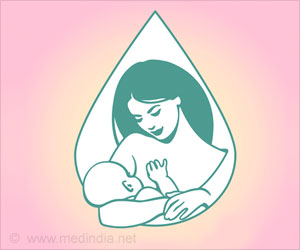Dr. George Sopko, a heart specialist said that conventional tests fail to identify smaller blood vessel clogs.
Dr. George Sopko, a heart specialist at the National Institutes of Health said that conventional tests fail to identify smaller blood vessel clogs. About 3 million women are given the all-clear sign because they do not have the bulky clogs in main arteries.
But these women complain of chest pain or shortness of breath and are at an increased risk of a heart attack in the next few years.Heart disease is very common among both men and women and causes maximum number of deaths. But the statistics from the American Heart Association show that more women approximately 480,000 suffer cardiovascular diseases each year than men.
Men and women have different symptoms in case of a heart attack. Women suffer from fatigue instead of the classic chest pain radiating down the arm. Angiography, which is a test to diagnose heart attacks is said to be less accurate for women than for men.
In a study called Women’s Ischemia Syndrome Evaluation (WISE), researchers have found that about two-thirds of women with chest pain pass an angiogram. But about 50% suffer from coronary microvascular syndrome. In this disease plaque coats the inner lining of the arteries thereby obstructing them. Angiograms cannot detect the reduction in the passages seen in the small arteries.
The narrowed small arteries mean less oxygen flow to the heart resulting in the women’s chest pain. Dr. C. Noel Bairey Merz of Cedars-Sinai Medical in Los Angeles said that it is mainly seen in woman and that men make up just 20 % of microvascular syndrome.
Hence to detect microvascular syndrome various other tests such as an MRI scan of the heart is recommended. She also said that a questionnaire should be given to these women that measures how easily people perform various everyday activities. Women who pass an angiogram but score low on this questionnaire are at increased risk of a heart attack.
Advertisement











